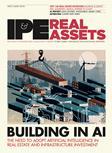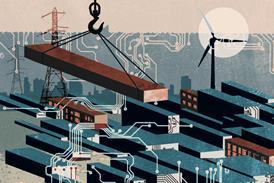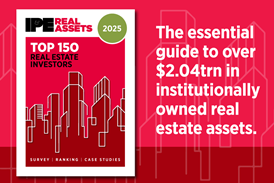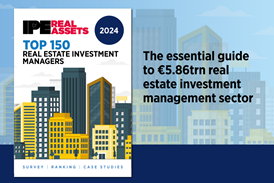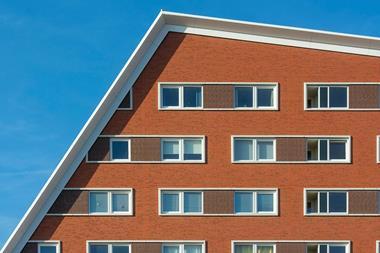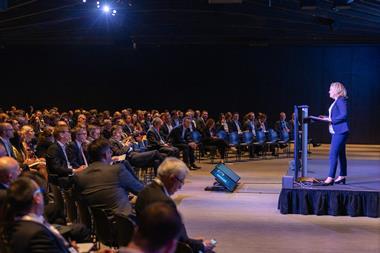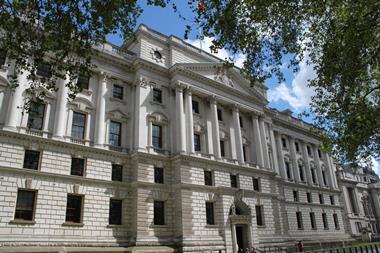With values declining and debt costs increasing, is now the time for opportunistic investors? Christopher Walker reports
Real estate capital values are beginning to decline just as the cost and availability of debt is becoming more challenging for borrowers. It looks to be perfect hunting ground for opportunistic investors.
The situation comes off the back of several relatively “lean” years for distressed debt players. Five years ago, they benefitted from a peak in the sale of non-performing loans in Europe, but since 2020 that supply has trailed off.
“In 2018 and 2019, there were a lot of opportunities with non-performing loans which we were able to buy at a discount,” says Lorenzo Guidi, executive director and fund manager at Banor Capital, which runs a European special situations real estate fund. “However, this window of opportunity closed as the market was flooded with liquidity and those selling loans wanted higher prices.”
Between 2020 and this year, it had been more challenging. “During this lean period, we had to be particularly creative in how opportunities were approached,” Guidi says. “We used more creative financing and became involved in joint ventures or co-investment structures where our own equity would rank above that of the developer and where the developer was perhaps in need of financing to complete a project.”
Banor Capital made two investments during the lean period: in the UK, where mezzanine finance was necessary for the completion of a hotel by the Silverstone race track; and in Italy, where it took on a non-performing loan on a penthouse in Florence, after a mishandled distressed property auction.
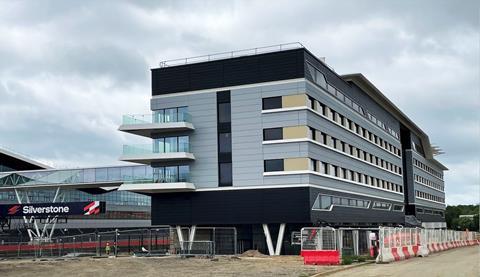
“This lean period, where we had to be very creative, came to an end with the invasion of Ukraine and as we have shifted to a higher interest-rate environment,” says Guidi. “Going forwards, I suspect it’s going to be a lot easier to do my job in finding special situations. High interest rates simply mean more defaults. And a more recessionary economic climate means more stressed assets.”
Justin Meissel, CIO of Henley Real Estate, paints a similar picture. “During the recent years of plentiful liquidity and very low interest rates there has been less going on,” he says. “We did make some opportunistic investments during this period, skewing toward arbitrage or pockets of distress, but overall we were net sellers and tended to focus more on core-plus and lighter value-added.”
He adds: “Now I very much feel that the time has come for opportunistic real estate. We are starting to see more opportunities given the inflationary environment and rising interest rates. More real estate owners don’t have the time or ability to “see their assets through” and this creates opportunities for people like us with capital and experience in repositioning assets. The next 18 to 24 months are going to be very exciting times in the opportunistic real estate space.”
To some extent, it is a waiting game. “We are waiting for what we expect… dislocation from the dramatic increase in borrowing costs and the slowing economy”, says Todd Henderson, Co-Global Head of Real Estate at Group. “We are waiting for pricing to reflect these deteriorating conditions.”
Rafael Cerezo, CIO at Stoneweg, says it will take a few months for prices to adjust. “Pricing expectations are yet to adjust to the new reality, especially in sectors that have enjoyed a bumper 12 months, such as hospitality. This is a sector where we see significant consolidation opportunity, still pricing in the best summer in history.”
Guidi says Banor is seeing evidence of “margin calls elsewhere in an institution’s portfolio leading to the sale of real estate assets”. But he believes it may take one to two years before opportunities crystallise. “I suspect, therefore, it’s going to be the main story in 2023 and 2024 – and we certainly are seeking to exploit this opportunity by raising a new fund in the new year.
“It is quite clear that the appetite for risk among the larger lenders is evaporating and there will be many real estate developers who will come to us with a need for financing.”
Where will the opportunities arise?
Opportunistic investors are currently waiting for special situations to arise, but they still need to know where to look. “The hospitality area may provide quite a few as there are several situations where operators are really not fully recovered from the effect of the pandemic and where capital expenditure is needed for assets to remain at the top of their game,” says Guidi. “The bank financing for that expansion may no longer be there. I’m expecting arbitrage in price dislocation.”
But Guidi believes distress could be quite widespread. “I think opportunities will occur across pretty much all sectors,” he says.
Arnaud Plat, senior partner at Invel Real Estate Partners, agrees: “There are opportunities across all asset classes for different reasons. We even expect to see some distress across asset classes that were viewed as highly resilient just six months ago, such as residential or even logistics.”
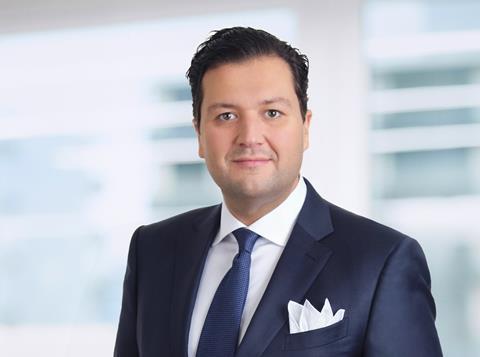
Lahcen Knapp, chairman of the board at Empira Group, says refinancing opportunities will arise in Germany as listed real estate companies come to refinance. These companies have tended to rely on bonds rather than bank debt, with a weighted-average maturity of around two years. In the next 24 months, “these will have to be refinanced and the bond market simply does not have the volume to cope with this, so they will have to sell assets to repay bonds and loans”, says Knapp.
The capital markets have already identified this. Most real estate groups trade at a discount of 60% to 70% to net asset value. “This is a hugely appealing opportunity,” he says. “We should be clear… this window of opportunity will only be open for a specific period, probably 18 to 24 months. Eventually, the market will stabilise.”
Empira manages an opportunity fund focused on German-speaking markets in Europe and the US, and Knapp says the best opportunities will be in the residential sector.
“There’s no question that there will also be opportunities in offices, but because of the underlying problems with the work-from-home phenomenon we do not expect the recovery curve to be the same in that sector as in the residential market.”
Henderson shares Knapp’s aversion to the office sector for several reasons. “Firstly, the fundamentals are poor with historically high vacancies in many markets across the country. Secondly, the office sector has the highest correlation to the economic cycle. The combination of historically high vacancies and more pain in a slowing economy are not constructive for the sector.
“And when you add the demand destruction resulting from the work-from-home trend, you get a very negative outlook on the sector which has driven capital away from the sector.”
In contrast, he remains constructive on the industrial and residential sectors. “Mark-to-market opportunities from increasing rents will act as a buffer to the capital market impacts of increasing rates.”
To read the latest edition of the latest 91��ý���� magazine click here.

